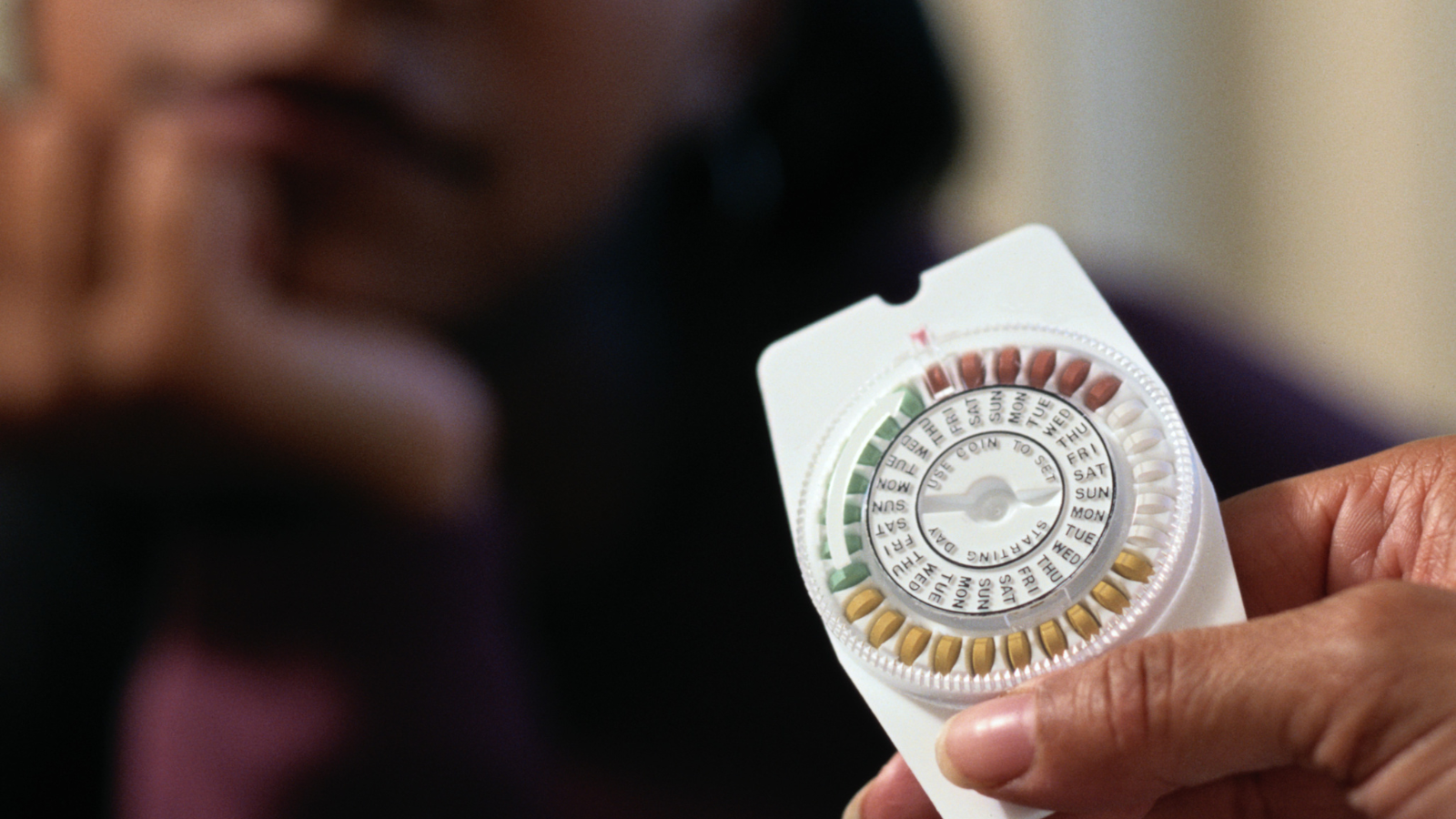ARTICLE AD BOX
Anyone who is having penis-in-vagina sex runs the risk of getting pregnant every time they have sex. Even if it’s your first time. Even if you have your period. Even if it’s a full moon and Mercury is in retrograde.
The good news is that there are a lot of ways to make sure that you don’t get pregnant—you can change your behavior or choose from many available methods of contraception (also known as birth control).
Remember, pregnancy requires sperm and egg to meet. The sperm come from testicles and out through the penis every time a person ejaculates. One egg is released from the ovaries just about once a month. If an egg gets fertilized by sperm it usually happens in the fallopian tubes.
Some birth control methods, like condoms, put a physical barrier between sperm and egg. Other methods on the market contain hormones which prevent ovulation so that there is no egg to be fertilized. Hormonal methods also thicken cervical mucus and slow down sperm so they can’t make it to the fallopian tubes.
IUDs and implants are often called long-acting reversible contraception (LARC) because once a health care provider puts them in place, they work for three to 10 years without you having to think about them at all. But if you change your mind and want to get pregnant, you can take them out.
There are also surgical methods where a provider cuts or removes the tubes that carry sperm or eggs. Vasectomies are for people with testicles and tubal ligation is for people with ovaries and fallopian tubes. These methods are permanent, so you have to be sure that you never want to be pregnant or get someone pregnant.
Choosing a Method
Check here to see more about the methods you might be interested in using whether that’s the pill, the patch, or an IUD. While you read about possible methods keep these questions in mind:
- How easy/hard is it to access? (You can buy condoms in a drugstore but need to get a prescription for most birth control pills.
- How easy/hard it is to use? (You have to take a pill every day but once an implant is in place you don’t have to do anything.).
- How much does it cost? (With insurance most methods should be inexpensive or even free, but costs can vary.)
- How long does it last? (Some IUDs can last as long as 10 years.)
- How well does it work? (Every contraceptive method has two efficacy rates—how well it can work if you use it consistently and correctly and how well it usually works under real life conditions because people make mistakes.)
- Do you still get to have sex whenever you want? (Not having penis-in-vagina sex is a good way to prevent pregnancy, but it can be hard to commit to abstinence.)
Another really important question is whether the method you’re using helps prevent sexually transmitted infections (STIs) as well as pregnancy. Other than abstinence from almost all sexual behavior with a partner, condoms are the only method that provides protection against STIs.
Emergency Contraception
If you’ve had unprotected sex and are worried about getting pregnant, you can use emergency contraception. This is different than birth control because you take it after sex. It’s not meant to be used all the time. As the name suggests, it’s for an emergency.
Many types of emergency contraceptive pills are available in pharmacies while others have to be prescribed by a provider. Emergency contraception is still legal in all states.
.png)







 English (US) ·
English (US) ·